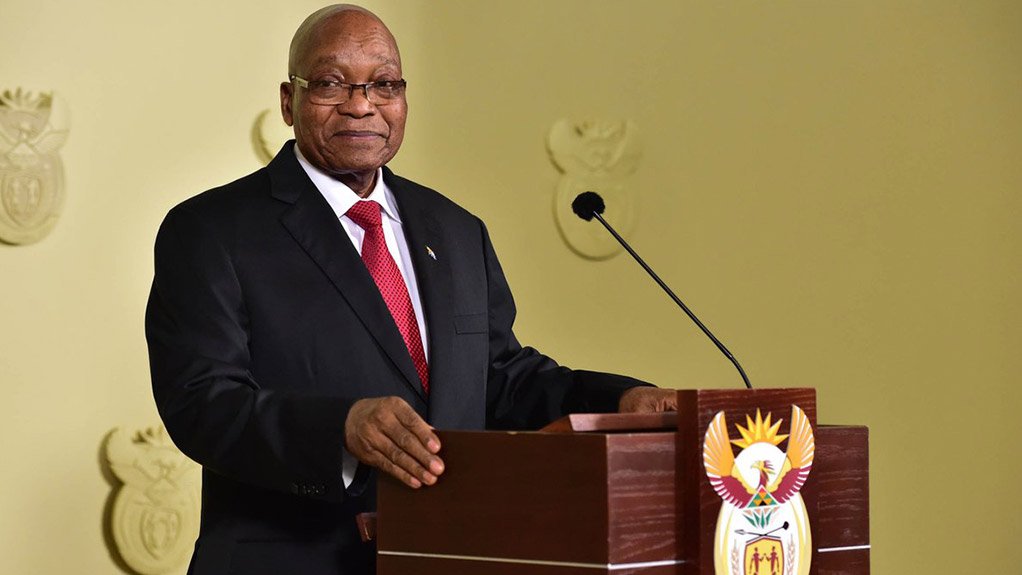Civil rights group AfriForum wants South Africa's highest court to quash a rule signed by former president Jacob Zuma that says evidence produced at a judicial inquiry into allegations of influence-peddling cannot be used in a criminal case.
The clause is part of a list of regulations signed into force by Zuma on February 8 before he stepped down from office last Wednesday to be replaced by President Cyril Ramaphosa, who was sworn in the day after.
The regulations will govern the inquiry that will focus on allegations that Zuma's friends, the businessmen and brothers Ajay, Atul and Rajesh Gupta, had influenced the appointment of ministers and the award of contracts by state firms.
Zuma and the Guptas have denied any wrongdoing.
AfriForum aims to bring private prosecutions of cases in the public interest and said on Tuesday it had filed an application at the Constitutional Court on Friday to set aside that clause, which it termed "unlawful and unconstitutional".
The rights group says the clause would mean that no evidence regarding the questions and answers in the inquiry will be admissible in subsequent criminal proceedings.
"We think Zuma over-stepped and we want the Constitutional Court to set aside that section," AfriForum's spokesperson Willie Spies said.
"With this clause, any evidence about the substance on the state capture will be sterilised or neutralised. It will convert a commission of inquiry into an amnesty commission," he said.
AfriForum lists the office of the president and the corruption-fighting Public Protector as the respondents.
Tyrone Seale, Ramaphosa's acting spokesperson, and Cleopatra Mosana, a spokesperson for the Public Protector, said they would consult legal aides before commenting.
A date for the hearing of the matter has not been set yet.
Zuma announced in January that he would set up the commission into influence-peddling, which has become known as "state capture" in South Africa, after he was ordered to do so within 30 days of a High Court ruling in December.
The 75-year-old former president had challenged the right of the Public Protector, a constitutionally-mandated anti-graft watchdog, to call for a judicial inquiry into the influence-peddling allegations in government.
EMAIL THIS ARTICLE SAVE THIS ARTICLE
To subscribe email subscriptions@creamermedia.co.za or click here
To advertise email advertising@creamermedia.co.za or click here











